I needed time to think today.
Yesterday was harder than I thought it would be. Clearing my late father's home following the death of my stepmother awoke far more memories than I expected.
Alex Salmond's death was also shocking in a number of ways, not least because I just presumed we'd carry on talking and working together for some time to come, and now we won't. We all know we're mortal, but sometimes fate seeks to remind us of it.
So, I was out walking today. We had tea this afternoon in the shadow of the cathedral here in Ely:
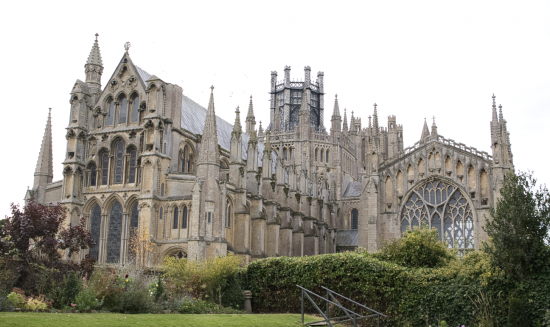
And I took pictures of dahlias in the border at the bottom of that photo:
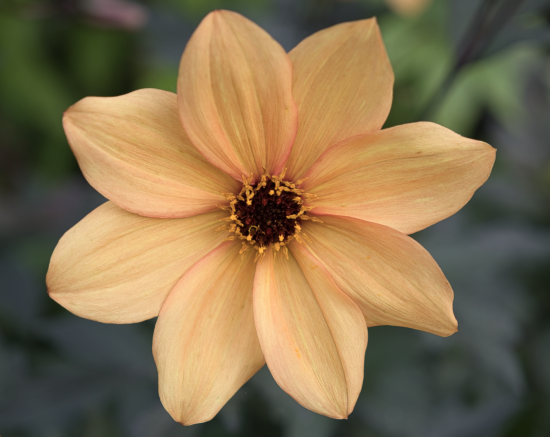
And then I began to play with those photos:
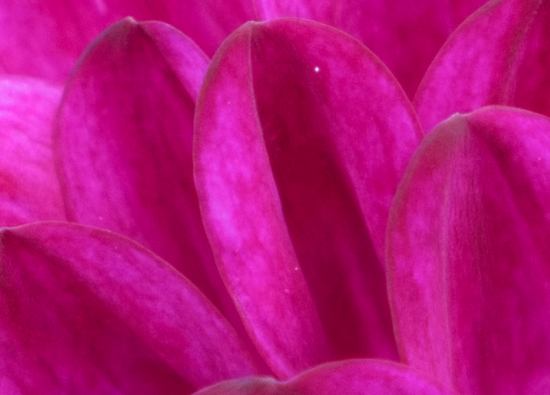
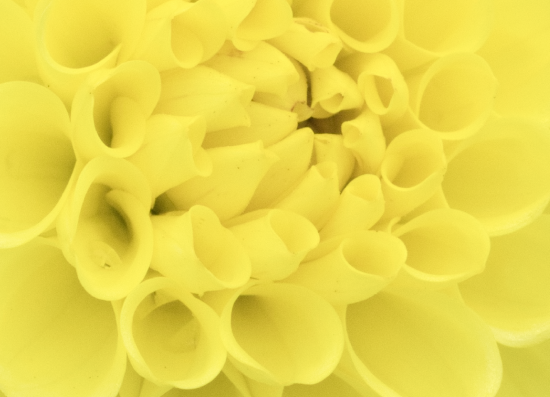
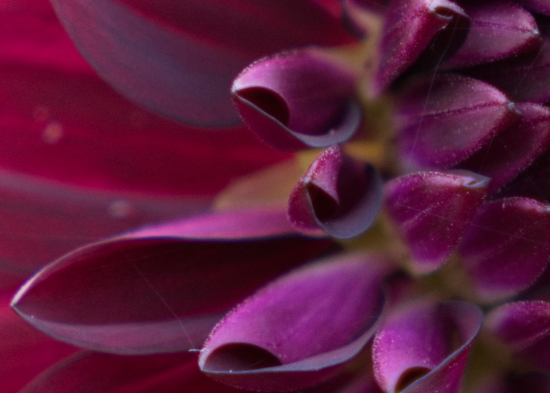
Each flower was amazing, but the photos let me see them in a different way, and isn't that the point of taking pictures?
Discussing this, we were reminded of a poem by Blake that begins:
To see a World in a Grain of Sand
And a Heaven in a Wild Flower
Those dahlias are not wildflowers, but they are like grains of sand in a world that too often just walks on by.
I was going to leave it there, but having re-read the poem I think it worth sharing in full. There's a lot in it:
Auguries of Innocence
By William Blake
To see a World in a Grain of Sand
And a Heaven in a Wild Flower
Hold Infinity in the palm of your hand
And Eternity in an hour
A Robin Red breast in a Cage
Puts all Heaven in a Rage
A Dove house filld with Doves & Pigeons
Shudders Hell thr' all its regions
A dog starvd at his Masters Gate
Predicts the ruin of the State
A Horse misusd upon the Road
Calls to Heaven for Human blood
Each outcry of the hunted Hare
A fibre from the Brain does tear
A Skylark wounded in the wing
A Cherubim does cease to sing
The Game Cock clipd & armd for fight
Does the Rising Sun affright
Every Wolfs & Lions howl
Raises from Hell a Human Soul
The wild deer, wandring here & there
Keeps the Human Soul from Care
The Lamb misusd breeds Public Strife
And yet forgives the Butchers knife
The Bat that flits at close of Eve
Has left the Brain that wont Believe
The Owl that calls upon the Night
Speaks the Unbelievers fright
He who shall hurt the little Wren
Shall never be belovd by Men
He who the Ox to wrath has movd
Shall never be by Woman lovd
The wanton Boy that kills the Fly
Shall feel the Spiders enmity
He who torments the Chafers Sprite
Weaves a Bower in endless Night
The Catterpiller on the Leaf
Repeats to thee thy Mothers grief
Kill not the Moth nor Butterfly
For the Last Judgment draweth nigh
He who shall train the Horse to War
Shall never pass the Polar Bar
The Beggars Dog & Widows Cat
Feed them & thou wilt grow fat
The Gnat that sings his Summers Song
Poison gets from Slanders tongue
The poison of the Snake & Newt
Is the sweat of Envys Foot
The poison of the Honey Bee
Is the Artists Jealousy
The Princes Robes & Beggars Rags
Are Toadstools on the Misers Bags
A Truth thats told with bad intent
Beats all the Lies you can invent
It is right it should be so
Man was made for Joy & Woe
And when this we rightly know
Thro the World we safely go
Joy & Woe are woven fine
A Clothing for the soul divine
Under every grief & pine
Runs a joy with silken twine
The Babe is more than swadling Bands
Throughout all these Human Lands
Tools were made & Born were hands
Every Farmer Understands
Every Tear from Every Eye
Becomes a Babe in Eternity
This is caught by Females bright
And returnd to its own delight
The Bleat the Bark Bellow & Roar
Are Waves that Beat on Heavens Shore
The Babe that weeps the Rod beneath
Writes Revenge in realms of Death
The Beggars Rags fluttering in Air
Does to Rags the Heavens tear
The Soldier armd with Sword & Gun
Palsied strikes the Summers Sun
The poor Mans Farthing is worth more
Than all the Gold on Africs Shore
One Mite wrung from the Labrers hands
Shall buy & sell the Misers Lands
Or if protected from on high
Does that whole Nation sell & buy
He who mocks the Infants Faith
Shall be mockd in Age & Death
He who shall teach the Child to Doubt
The rotting Grave shall neer get out
He who respects the Infants faith
Triumphs over Hell & Death
The Childs Toys & the Old Mans Reasons
Are the Fruits of the Two seasons
The Questioner who sits so sly
Shall never know how to Reply
He who replies to words of Doubt
Doth put the Light of Knowledge out
The Strongest Poison ever known
Came from Caesars Laurel Crown
Nought can Deform the Human Race
Like to the Armours iron brace
When Gold & Gems adorn the Plow
To peaceful Arts shall Envy Bow
A Riddle or the Crickets Cry
Is to Doubt a fit Reply
The Emmets Inch & Eagles Mile
Make Lame Philosophy to smile
He who Doubts from what he sees
Will neer Believe do what you Please
If the Sun & Moon should Doubt
Theyd immediately Go out
To be in a Passion you Good may Do
But no Good if a Passion is in you
The Whore & Gambler by the State
Licencd build that Nations Fate
The Harlots cry from Street to Street
Shall weave Old Englands winding Sheet
The Winners Shout the Losers Curse
Dance before dead Englands Hearse
Every Night & every Morn
Some to Misery are Born
Every Morn and every Night
Some are Born to sweet delight
Some are Born to sweet delight
Some are Born to Endless Night
We are led to Believe a Lie
When we see not Thro the Eye
Which was Born in a Night to perish in a Night
When the Soul Slept in Beams of Light
God Appears & God is Light
To those poor Souls who dwell in Night
But does a Human Form Display
To those who Dwell in Realms of day
Thanks for reading this post.
You can share this post on social media of your choice by clicking these icons:
There are links to this blog's glossary in the above post that explain technical terms used in it. Follow them for more explanations.
You can subscribe to this blog's daily email here.
And if you would like to support this blog you can, here:


 Buy me a coffee!
Buy me a coffee!

Wow! Thanks. I’ve rarely read the whole thing, so thank you for posting it to remind us.
Blake constantly takes one by surprise, taking throat and heart in his hands, and squeezing hard!
One of his quotes I greatly love runs along the lines of “He who would do good for anyone, must do it in minute particulars” – a warning against showy grandiosity.
Much in there about that
Joy and Woe are woven fine ……..is something we need to remember, before we scamper off to a shrink because we happen to feel unhappy – or insulted – or poor (some of us really are). It’s a bit like Love and Marriage – for those who know the song “you can’t have one without the other.”
Richard, imho you seldom need correction, but I would humbly suggest that your exhaustion is showing with a “c” added into the word “Anti-semitiscm”………needs removal!
Thanks, but I can’t find that error in this post
I take a slightly different perspective to that of William Blake. I am a grain of sand, trying to understand the world.
🙂
Thanks Richard! I’ve never read the whole poem. Blake rages with such passion against the plight of so many animals and birds, yet when it comes to sheep, which he obviously like to eat, he cops out:
The Lamb misusd breeds Public Strife
And yet forgives the Butchers knife
I would have preferred he said this!
The Lamb misusd breeds Public Strife
And ne’er forgives the Butchers knife
So would I
I won’t eat mammals
I`m very sorry for your grief, it`s the reward of love. I`m sure that many contributors here are of the same mind.
I think The Lamb is a specific reference to Lamb of God – the self-giving, self-sacrificing Christ. “Father, forgive…”
See Blake’s “The Lamb”:
Little Lamb who made thee
Dost thou know who made thee
…
Little Lamb I’ll tell thee!
He is called by thy name,
For he calls himself a Lamb:
He is meek & he is mild,
He became a little child:
I a child & thou a lamb,
We are called by his name.
Little Lamb God bless thee.
Little Lamb God bless thee.
Oh….
I had not thought of that
We are not the only ones to wonder about why those lines don’t seem to fit. I went looking for what earlier authorities might have to say, and found this “Imagery invoking fear is present in most of these lines. The frightened sun, the human soul from hell raised, the bat at the close of eve, and the fright evoked by the owl are all Blake’s reflections on nature and how it should be respected and feared. At the same time, they symbolize the struggles of humanity against itself. The most interesting couplet of this section is the one speaking of the lamb. Unlike the rest of the couplets in this section, this one can easily be linked to biblical symbolism and can be read as criticism against established religious institutions.
“The lamb misus’d breeds public strife,
And yet forgives the butcher’s knife.”
The lamb, symbolizing Blake’s Christ of spontaneous creation, being misused is a commentary on how established religion uses the Christ figure, which to Blake was a figure of liberation, rebellion, and creative energy, as an instrument of oppression to keep the general population docile with the hope of some eternal afterlife. To Blake, despite being misused, the Christ figure represented in the lamb forgives the organized religious institutions that butcher Christ’s message of creative expression, as the lamb forgives all.”
https://johansenquijano.wordpress.com/2011/06/27/an-analysis-of-blakes-auguries-of-innocence-part-iii/
Bit of a stretch, I think, as these and earlier lines
“The game-cock clipt and arm’d for flight
Does the rising sun affright.
Every wolf’s and lion’s howl
Raises from hell a human soul.
The wild deer, wand’ring here and there
Keeps the human soul from care.”
suggest to me an exultation in nature, that the wild beasts of the earth serve to raise the human spirit.
Blake sounds remarkably Quakerish when explained like that
Sorry to hear that Richard. My mother in law lived in Ely for I think the past seven or so years. We would often drive up and take her through the market to the Cathedral close. Sadly she passed away last year and her house was recently sold.
Grief is a strange thing and touches you as I’m sure you know when you least expect it. Take care. Lovely cathedral Ely.
Thanks Les
And look after yourself too
If we’re quoting Blake, how about ‘O Rose, thou art sick’ for contemporary relevance?
We know we are individually doomed – but dont really believe it.
At a certain age there are lots of griefs we carry – and we all deal with them in our own way.
Thinking of you Richard.
Blake was generally regarde as mad until many years after his death.
Thanks
There is more natural order and logic in any flower head than any complex formula issued by the City of London or most economists as they go about their unnatural business.
Nice shots
Thanks
Sorry for the loss grief is difficult
People often try and reassure people who have suffered a loss that time heals.
I don’t believe it. My darling wife of 45 years died just over 8 years ago, and all that time does is thicken the scar tissue over the grief.
And then suddenly some event, or piece of drama or poetry, or just something on the news, rips open the scar, which bleeds anew, and sets you blubbing like a child.
Example? I believe President Carter was with his wife, Rosalynn, when she died. My wife gruffly threw me out of the Hospital Ward and sent me home, and she died alone about 2 hours later.
I live with the fact that she wanted to be in charge, even of her own death – that was the sort of brave, superlative woman she was.
But it still hurts that I wasn’t there, holding her as she went from me. And hearing of those, like President Carter, who were granted that gift can even now start me to tears.
Andrew
I completely undertsand all that
And you know you have always had my sympathy: I recall the memorial service for your wife very readily
Richard
Richard, sorry about my reply being out of order; I am too computer-illiterate to be able to send a direct answer; your mis-spelling was in a slightly earlier post. How does one send a straight comment?
Juliet
Email
Link here https://www.taxresearch.org.uk/Blog/about/